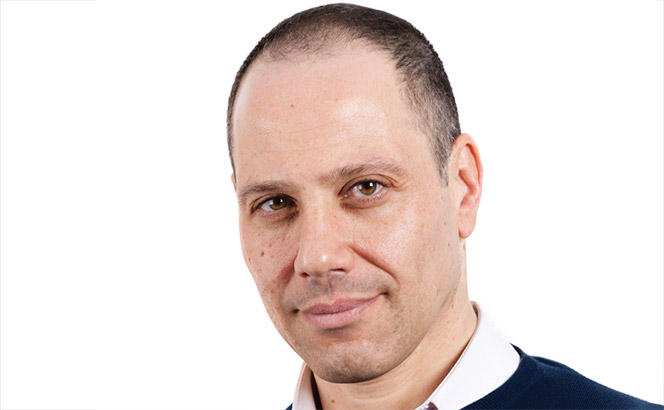Gus Sellitto of Byfield Consultancy discusses the trends he is seeing in legal PR and the role of external advisers
When someone’s in trouble, they call their lawyer, but who do lawyers call in a crisis? With over 20 years’ experience in the legal PR industry, Gus Sellitto is well known for both defending and promoting the reputations of UK and global law firms and their clients. We spoke to Sellitto to find out more…
1. Why did you set up a dedicated legal PR agency back in 2007?
Byfield Consultancy was established to coincide with the advent of the Legal Services Act 2007, which opened the industry up to greater scrutiny from potential new entrants, investors and the media. In a developing climate where the legal sector was becoming a more interesting industry to write about, we saw a great opportunity to provide law firms with a complete service to manage their brands and reputations across profile-raising PR, crisis management and litigation PR.
2. What law firm crises are keeping you busy at the moment?
We are currently receiving a lot of enquires in relation to #MeToo. This involves both acting for law firms who are facing historic or new allegations and, more broadly, advising law firms on how they should prepare to respond to a potential #MeToo investigation in the future.
This brings me on to SRA investigations, which has been another key growth area in our advice to law firms. The SRA has taken a more aggressive stance to investigating law firms, both in relation to #MeToo and, more broadly, as the sector continues to evolve. An allegation by the Solicitors Regulation Authority (SRA) – taking the form of an investigation or disciplinary action for allegations of misconduct – requires a deep understanding of how the SRA operates. From the launch of an investigation, through to disciplinary action issued by the Solicitors Disciplinary Tribunal, we can advise our clients with confidence. We work closely with them throughout the process to ensure any adverse publicity is minimised.
3. What is your advice to law firms in relation to #MeToo and other reputational threats?
Forward planning is an obvious point, but too often we get called in when the issue has become public through the media or via a leak. The earlier we are called in, the better we can help law firms look at all the different scenarios of how an issue could play out, allowing us to provide appropriate responses to manage reputational risk. Also, when faced with a potential or live crisis, law firms need to think carefully about all the stakeholders who could be affected by the issue, and how and when they need to be communicated with. This includes internal communication to partners and staff, as well as to external audiences, such as the media, clients and the regulatory body. Lastly, we ensure there are clear protocols in place to respond to media and other enquiries.

‘Too often we get called in when the issue has become public. The earlier we are called in, the better we can help firms look at how an issue could play out.’
Gus Sellitto, Byfield
4. Do you think law firms take reputation management more seriously now?
When I began my career in legal PR over 20 years ago, people like me inside law firms were very rare. Now if I walk into a top-50 law firm office, every one of them will have a senior PR practitioner who is there to manage their reputation. This tells you that law firms are definitely taking reputation management more seriously, however, I think they could still be doing more to plan ahead and be prepared for big crises.
5. How do you work with internal law firm PR teams in crisis situations?
We like to think of ourselves as an extension of our clients’ in-house teams. Often, law firms call us in to get a third-party perspective on how they should manage a crisis. Additionally, the in-house PR function may be under-resourced in needing to focus on getting the good news out there, while also having to manage a crisis, often in communication with the same journalists. This is where we can come in to isolate a crisis from the more ‘business as usual’ and positive PR the in-house team needs to focus on.
6. How do you see crisis management evolving in the future for law firms?
It will continue to evolve as the sector continues to evolve. As law firms expand globally, they will face the increasing risks of doing business globally. Law firms listing on the stock market and bringing in other external investment means they face increasing scrutiny from new sections of the media and other interested commentators. Lastly and importantly, lawyers and law firms will always be judged for upholding the rule of law and will come under a more intense spotlight when they are seen to be falling short of this ideal.
T: 020 7092 3999
E: gus@byfieldconsultancy.com












